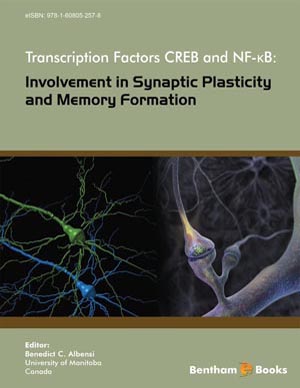Abstract
It has been proposed that triple reuptake inhibitors (TRIs) that enhance serotonin, norepinephrine and dopamine extracellular levels in the brain may produce greater antidepressant effects than single- or dual-acting agents. This hypothesis is mainly based on the observations that drugs stimulating dopaminergic neurotransmission produce antidepressant effects or attenuate some side effects observed with selective serotonin reuptake inhibitors. Although preclinical data clearly establish the beneficial effects of TRIs in animal paradigms used to screen antidepressant-like effects, there are two limitations of these studies. On one hand, the effects of TRIs have been tested mainly after acute administration. However, given the functional and reciprocal interactions between monoaminergic neurons, it is conceivable that counter-productive effects occur when the treatment is prolonged. On the other hand, the relevance of TRIs in antidepressant-like activity is based exclusively on the forced swim and tail suspension tests in naïve animals which do not reproduce the complex biological and psychological changes associated with depression. In human, clinical evidence for antidepressant activity of TRIs and more particularly their ability to produce a greater efficacy than currently available agents remains equivocal. The present chapter synthesizes the preclinical and clinical data emphasizing the interest of increasing dopaminergic activity with the other two monoamines in the treatment of major depression and related symptoms such as pain.
Keywords: Serotonin (5-HT), norepinephrine (NE), dopamine (DA), serotonin (SERT), norepinephrine (NET) and dopamine (DAT) transporters, depression, antidepressant drugs, triple serotonin/ norepinephrine/ dopamine reuptake inhibitors (TRI), animal models.















